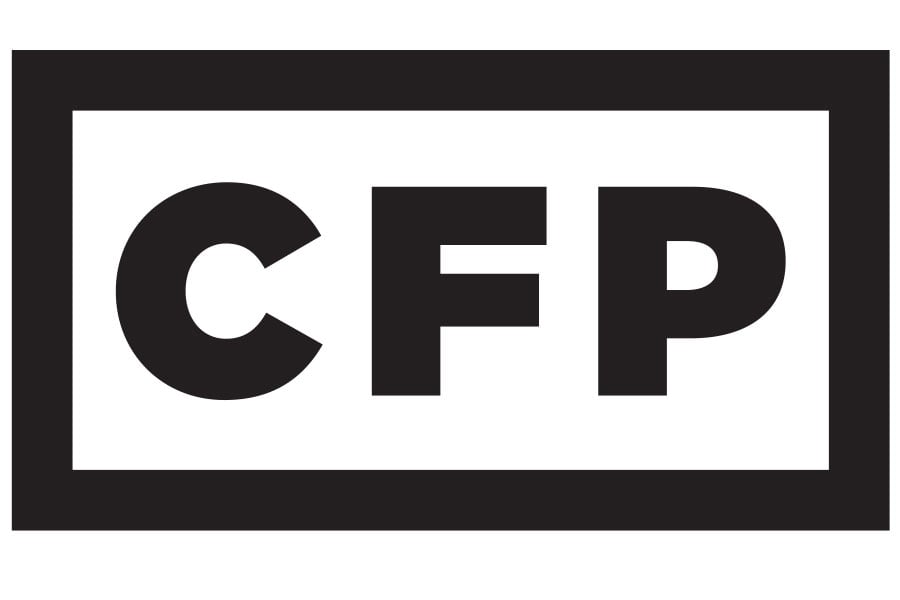

Officials of the Certified Financial Planner Board of Standards Inc. said Wednesday they oppose the effort by the Financial Planning Association to establish legal protection for the title “financial planner.”
The FPA has made legal recognition of the profession its top advocacy priority, the group said this week at its annual conference in Seattle. FPA wants to elevate planning by requiring people who hold themselves out as planners to meet threshold standards.
The trade association for planners has about 19,000 members, most of whom hold the CFP credential.
But the CFP Board, which sets and enforces the competency and ethical standards for the CFP mark, has doubts about obtaining title protection — either at the state or federal level.
CFP Board Chair Kamila Elliott said state-by-state recognition would create disparate laws around the country governing planners, a situation that could pose regulatory challenges for an advisory firm like hers that operates in multiple states. On the federal level, Congress is riven by partisan divisions that make a federal planning law unlikely.
“It’s a difficult road right now looking at the federal and state legislative environment,” Elliott, chief executive and founder of Collective Wealth Partners in Atlanta, said during a CFP Board session at the FPA conference. “In a perfect world, I would love for us to have title protection. We just felt at this point, prioritizing title protection isn’t the right time for the CFP Board.”
FPA President Dennis Moore was in the conference room where Elliott spoke. Afterwards, he said CFP Board would be one of the groups to whom FPA talks as it develops the title protection initiative.
“We’re being inclusive, and they’re one of the stakeholders in the profession,” said Moore, director of wealth management operations at Mercer Advisors. “We’ll be having those conversations.”
The FPA will spend the first six months of next year holding meetings with its members and outside groups to identify the competency and ethical standards it wants to fortify and the best way to do so.
“The ‘how’ hasn’t been determined,” FPA spokesperson Ben Lewis said on the sidelines of the FPA conference. “That’s going to come after we’ve had the opportunity to engage with our stakeholders.”
CFP Board CEO Kevin Keller cautioned that title protection is likely to elicit strong resistance in legislatures when there have been hundreds of state-level bills over the last few years focused on eliminating licensing requirements for professions.
“Legislators are loath to give a monopoly to a private certification,” Keller said. “Regulators just aren’t going to go there.”
The other challenge is legislatures might include an array of designations that will get their imprimatur. That could dilute the value of the CFP, Keller said. The CFP Board has spent $150 million since 2011 on an advertising campaign to distinguish the CFP from the approximately 225 other investment advice credentials.
“The last thing I want to have happen is for something to happen in [Florida capital] Tallahassee where people who have titles that are nowhere near as prestigious as CFP be able to say to their clients, ‘I’m just like a CFP, even Tallahassee says so,’” Keller said.
Elliott said she sympathizes with the FPA’s push for legal recognition for financial planners. But there will be more return on investment in promoting the CFP mark among investors and advisers.
“I get the desire for title protection,” Elliott said. “For us, it’s controlling what we can control. We’re focusing on the ROI.”
The difference of opinion over title protection isn’t creating a rift between FPA and the CFP Board, Elliott said.
“At the end of the day, we’re just working to have an established profession,” she said. “There may be disagreements at times as to the best way to get there, but we still have the same long-term vision, long-term goals. We’re still working together. We still have a good relationship.”

Wealth managers highlight strategies for clients trying to retire before 65 without running out of money.

Shares of the online brokerage jumped as it reported a surge in trading, counting crypto transactions, though analysts remained largely unmoved.

President meets with ‘highly overrated globalist’ at the White House.

A new proposal could end the ban on promoting client reviews in states like California and Connecticut, giving state-registered advisors a level playing field with their SEC-registered peers.

Morningstar research data show improved retirement trajectories for self-directors and allocators placed in managed accounts.
Orion's Tom Wilson on delivering coordinated, high-touch service in a world where returns alone no longer set you apart.
Barely a decade old, registered index-linked annuities have quickly surged in popularity, thanks to their unique blend of protection and growth potential—an appealing option for investors looking to chart a steadier course through today's choppy market waters, says Myles Lambert, Brighthouse Financial.
